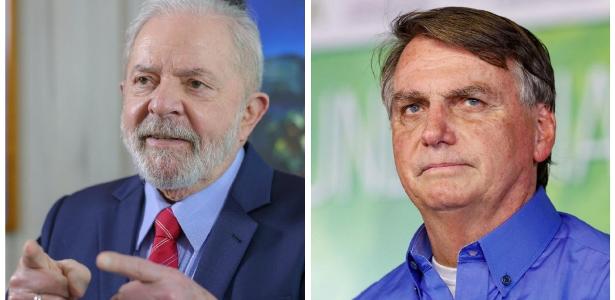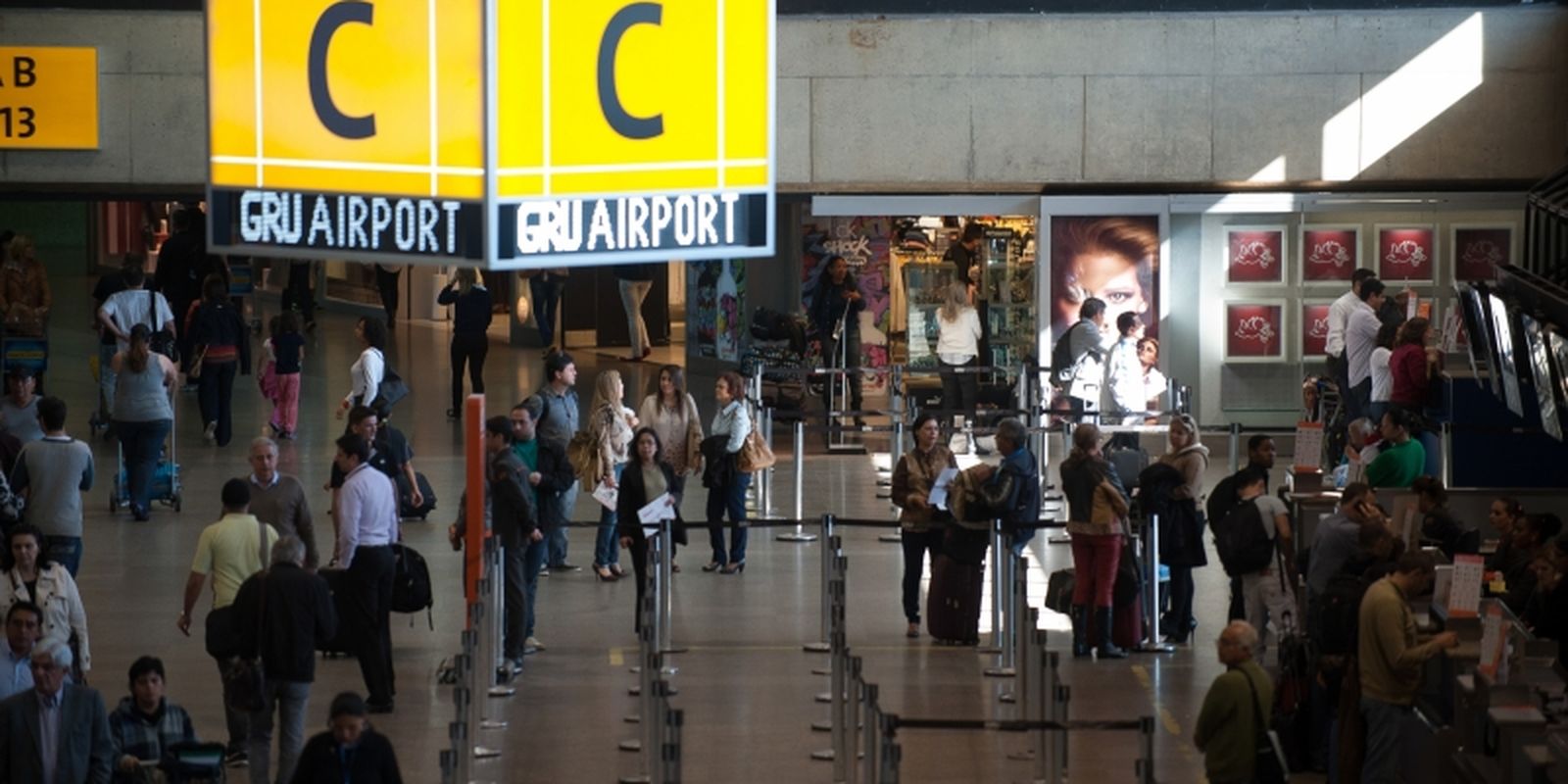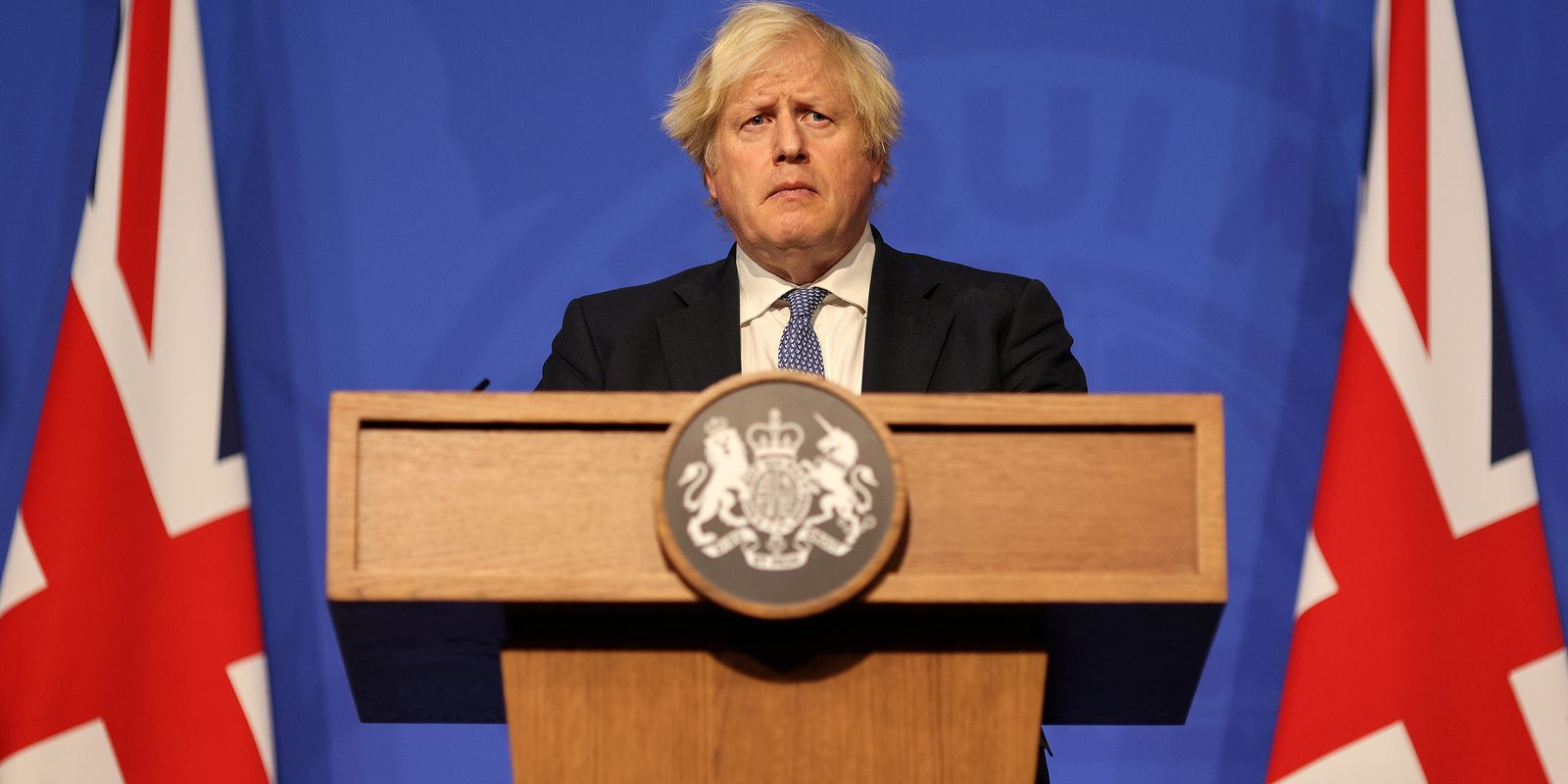Just under three months from the presidential elections in Brazil, Meta, the company responsible for Facebook, has announced that it will change the way the social network distributes political content to its users.
In the memo signed by Aashta Gupta, director of product management at Meta, Facebook will put “less emphasis on comments and shares” that involve this topic.
The text indicates that the change comes after testing and feedback from users of the social network in Brazil.
The measure was announced on Thursday (7), two days after Frances Haugen, a former employee of the company known as the “Facebook whistleblower”, took part in a public hearing in the Chamber of Deputies.
Haugen released the so-called “Facebook Papers” late last year, which revealed a series of scandals involving the platform, many of which were linked to the politics of different countries. Based on the leaked documents, Meta considers Brazil to be one of the countries most in need of content moderation.
test feedback
The tests mentioned by Gupta, responsible for reducing the dissemination of political content on Brazilian Facebook, have been carried out since February 2021. In addition to Brazil, countries such as Canada, the United States, Indonesia, Spain and Costa Rica are part of this experiment. .
According to an announcement made at the time by Mark Zuckerberg, chief executive of Meta, it was a way to accommodate requests from people who didn’t want political content to prevail in their feed.
Over the past year, the company has released updates on the results of the experiment. In May, for example, she reported that this change had led people to say they “had seen less content in their feeds that they didn’t find valuable.”
House Whistleblower
In his testimony on Tuesday (5), Haugen said that Brazil, as a “large and relatively young” democracy, needs very clear information about how Facebook distributes political content to its regulars.
“Brazil deserves to know how much effort is invested by Facebook in terms of moderation or security and what fairness there is in moderation between content in Portuguese and content in English,” he said. Still, he said the social network had “destroyed” its electoral protection structure, which could threaten Brazil’s elections.
Invited to participate in the session, Rights in the Network coalition representative Bia Barbosa and Avaaz senior campaign coordinator Laura Moraes said the 2022 election could suffer from “crises of disinformation”, such as those that occurred in the 2018 and 2020 elections.

“Pop culture fan. Coffee expert. Bacon nerd. Infuriatingly humble communicator. Friendly gamer.”







